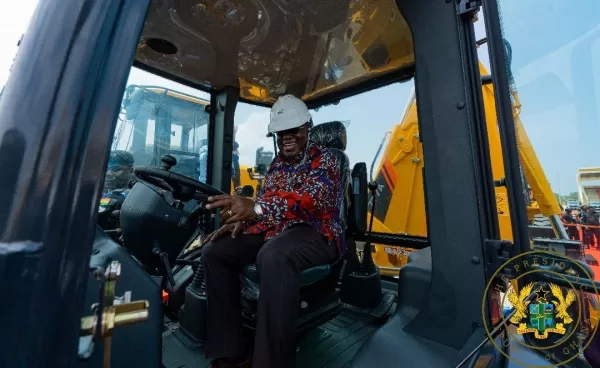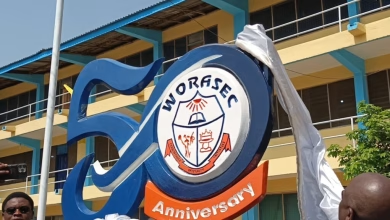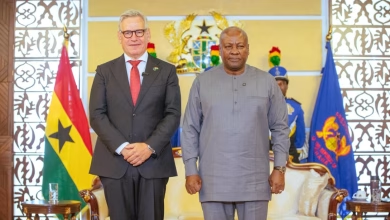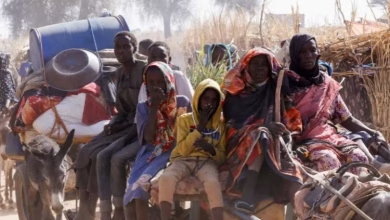Akufo-Addo Unveils DRIP to Boost Infrastructure

- The DRIP is designed to provide MMDAs with the necessary resources to repair and maintain local roads
- A fleet of 2,240 pieces of equipment commissioned to support road infrastructure improvements
- The DRIP is projected to generate 10,000 jobs for mechanics, engineers, and artisans
On Wednesday, July 31, President Akufo-Addo officially launched the District Road Improvement Programme (DRIP) and inaugurated key equipment at Black Star Square.
This initiative is a crucial part of the government’s strategy to enhance road networks across the country, decentralize development, and improve living standards for Ghanaians.
In his speech, President Akufo-Addo emphasized the vital role of roads in driving economic growth and social progress. “Roads connect communities, facilitate trade, and provide access to education and healthcare, ultimately enhancing the quality of life,” he said.
Despite recent advancements, the President acknowledged that many district roads still suffer from poor conditions, which hinders economic development.
The DRIP aims to equip Metropolitan, Municipal, and District Assemblies (MMDAs) with the resources and machinery needed to repair and maintain local roads. This aligns with the government’s decentralization efforts, giving local authorities the tools necessary to bring about significant improvements.
As part of the programme, a fleet of 2,240 pieces of equipment—including motor graders, backhoes, rollers, wheel loaders, bulldozers, tipper trucks, concrete mixers, water tankers, and low beds—was commissioned. These machines are expected to be integral in enhancing road infrastructure nationwide.
A four-member committee will oversee the programme’s implementation in each MMDA, ensuring adherence to quality and accountability standards. This committee will consist of technical officers from the Ministry of Local Government, Decentralisation and Rural Development, the Ministry of Roads and Highways, and a representative from the 48 Engineer Regiment of the Ghana Armed Forces. The committees will be chaired by the Metropolitan, Municipal, and District Chief Executives (MMDCEs).
The DRIP is projected to create 10,000 jobs for mechanics, engineers, and artisans, reflecting the programme’s potential impact on employment. President Akufo-Addo described the national road network as the “circulatory system of our economy,” crucial for commerce, education, and healthcare.
Reviewing past achievements, the President highlighted that from 2017 to December 2023, his administration completed 12,830 kilometers of roads and added six interchanges, surpassing the previous administration’s record of 4,636 kilometers and five interchanges from 2009 to 2016. Current projects include ten new interchanges, with five expected to be finished by the end of the year and the remaining five by 2025.
President Akufo-Addo underlined the significance of maintaining local road networks for economic development, noting that efficient travel enhances local economies and productivity. By providing local authorities with the necessary resources and equipment, the government aims to ensure that road projects are effectively tailored to local needs.
He called for a collaborative approach to the DRIP’s success, urging MMDCEs to follow the operational guidelines set by supervising ministries and stakeholders and to ensure proper equipment maintenance. The President also encouraged the Ministry of Local Government, Decentralisation and Rural Development to implement monitoring and evaluation mechanisms to track progress and ensure accountability.
In conclusion, President Akufo-Addo reaffirmed the government’s commitment to improving Ghana’s road infrastructure, ushering in a new era of progress and development. “Together, we can build a Ghana where every citizen has the opportunity to thrive, where our communities are connected, and where our nation can continue to grow and prosper,” he stated.
The launch of the DRIP represents a significant advancement in transforming Ghana’s road infrastructure, promising better connectivity, economic growth, and an improved quality of life for all citizens.






